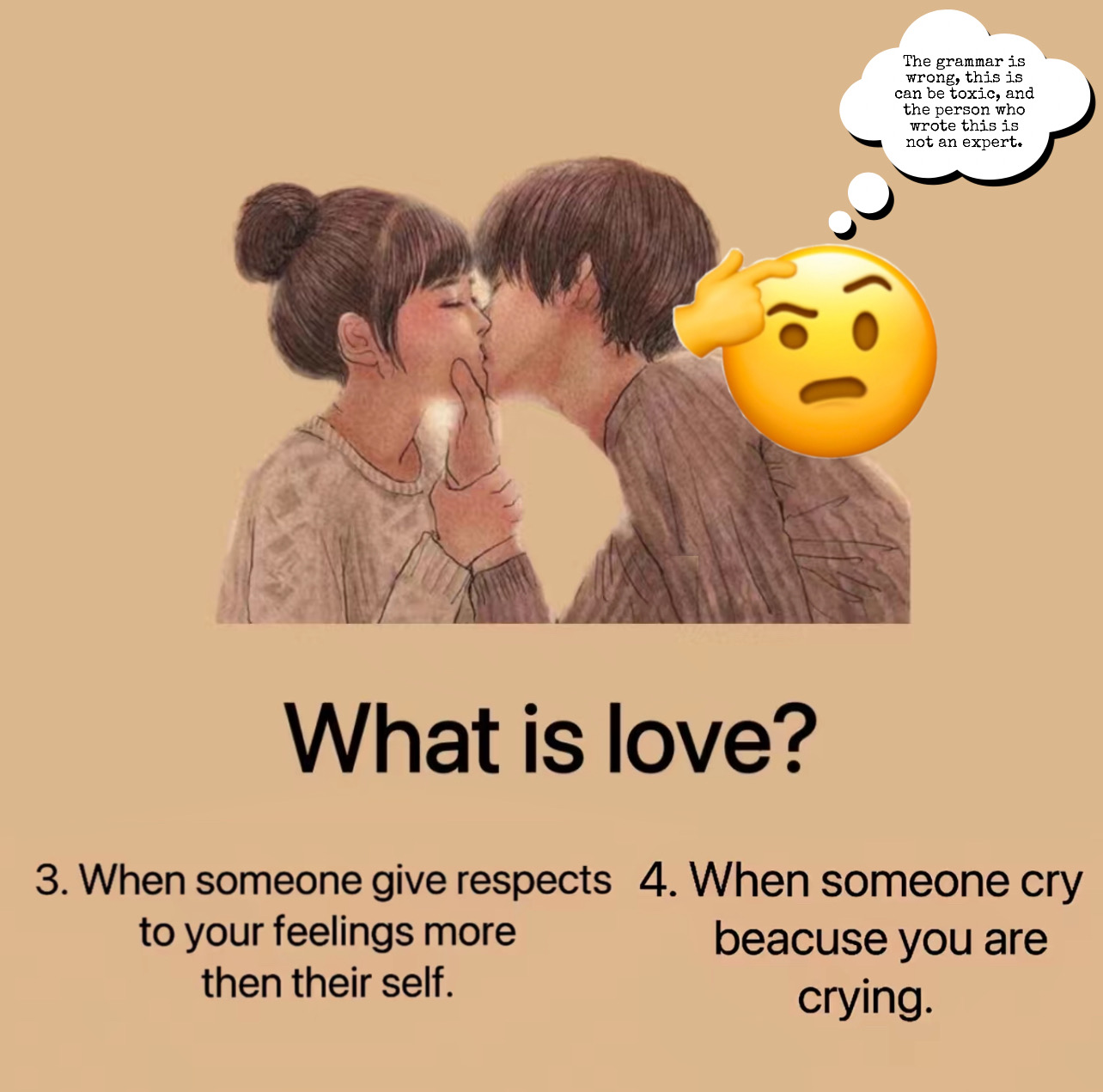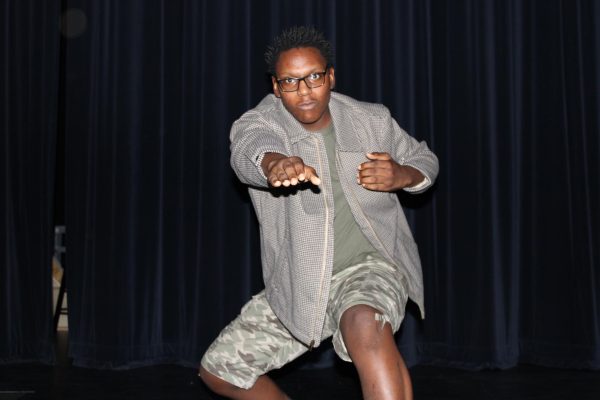Is young love just a fleeting crush or the beginning of something truly profound? As teenagers navigate the rollercoaster of emotions and self discovery, are their young hearts truly able to understand what it means to love another? The truth must be complicated as love has many different definitions and perceptions, cultural and social influences, and examples. While their young minds acknowledge everything, they see themselves in different situations compared to adults in their life with things such as intensity and emotion, experience and expectations, development and growth, and even life circumstances. This generation makes many wonder, can such an inexplicable beautiful partnership be limited to an age group?
Teenagers and adults may define true romantic love in a thousand different ways. Relationships can be a chance for them to start a partnership, grow a true bond, learn from each other, and experience true love… but this brings something into question. Does true love have an age requirement, can teenagers truly experience such a thing?
Carterville senior Stephanie Smith says, “ I’ve been in a relationship before. It’s not love when you’re dating someone who’s cheated on you, broken your heart, and other things like that.” Each partner can make each other smile, brighten each other’s day, be protective of one another, forget imperfections and mistakes, be judge free, and truly mean the world to each other. Every teen has very different ways they would define the term and feeling of true love, but it boils down to loyalty and trust.
While teenagers have their own experiences and opinions on love, they have certain cultural and societal influences on what young love should be to them. Many things that factor into how teenagers view love may include media representation, family expectations, peer pressure, cultural norms, or religious beliefs. Easily starting us off, about 43% of teenagers are on their phones for more than 1/4th of a day, that allows for them to be heavily influenced by any relationship representation on their screen. Brandon Doyle from WALLAROO said, “Tik Tok is a viral social media app, with a platform of 32.5% teens, and it shares wildly misconstrued and toxic ideas of love to them.”
Junior Katherine Yocum says, “I can’t be pressured by social media, because it isn’t reality. I don’t care what an influencer has to say, they just make stuff up.” Offline, teenagers have to deal with their family’s expectations of love, this shapes who they want to date, how they view future relationships, and what traits they prioritize in a partner.
In the article “Multiple Dimensions of Peer Influence in Adolescent Romantic and Sexual Relationships: A Descriptive, Qualitative Perspective” by Ahna Suleiman said, “some cultural norms shape teen love by setting expectations for dating behaviors, relationship milestones, and partner choices. Peer pressure and societal norms may encourage conformity to young minds by influencing them on who they should love based on what society expects of them.”
They may feel the need to date or behave in ways to fit in, gain social acceptance, or meet perceived standards due to what they’re told. Overall, there’s a mouthful of things influencing teens on what true love is, how to come by it, and what it should be like. This all can be very confusing to them, making a blur of what it really means to be in love, leaving them better off to experience it themselves.
Young love is confusing, yet everyone has their own opinions of it. Many believe people my age truly loving each other is possible, present, and hard to come by. Some have even viewed people in both loving and hateful relationships, they can be positive or negative depending on the factors, resulting in true love. Relationships can bring people together, the relationships allow both sides to have personal growth. On the other hand, it could potentially be mentally draining to either or both parties.
Time periods have been proven to influence different expectations about love with some things that were widely accepted or unaccepted have been flipped in our age. For instance, beloved author Virginia Woolf was in a loving marriage with her husband Lenard, but she still gave poetic love letters to Vita Sackville-West, and he did not mind.
Teen love is defined by intense emotions and first romantic experiences. Examples may vary from healthy or very toxic relationships. Perceptions differ, but teen love is important for personal growth and understanding future relationship needs.





